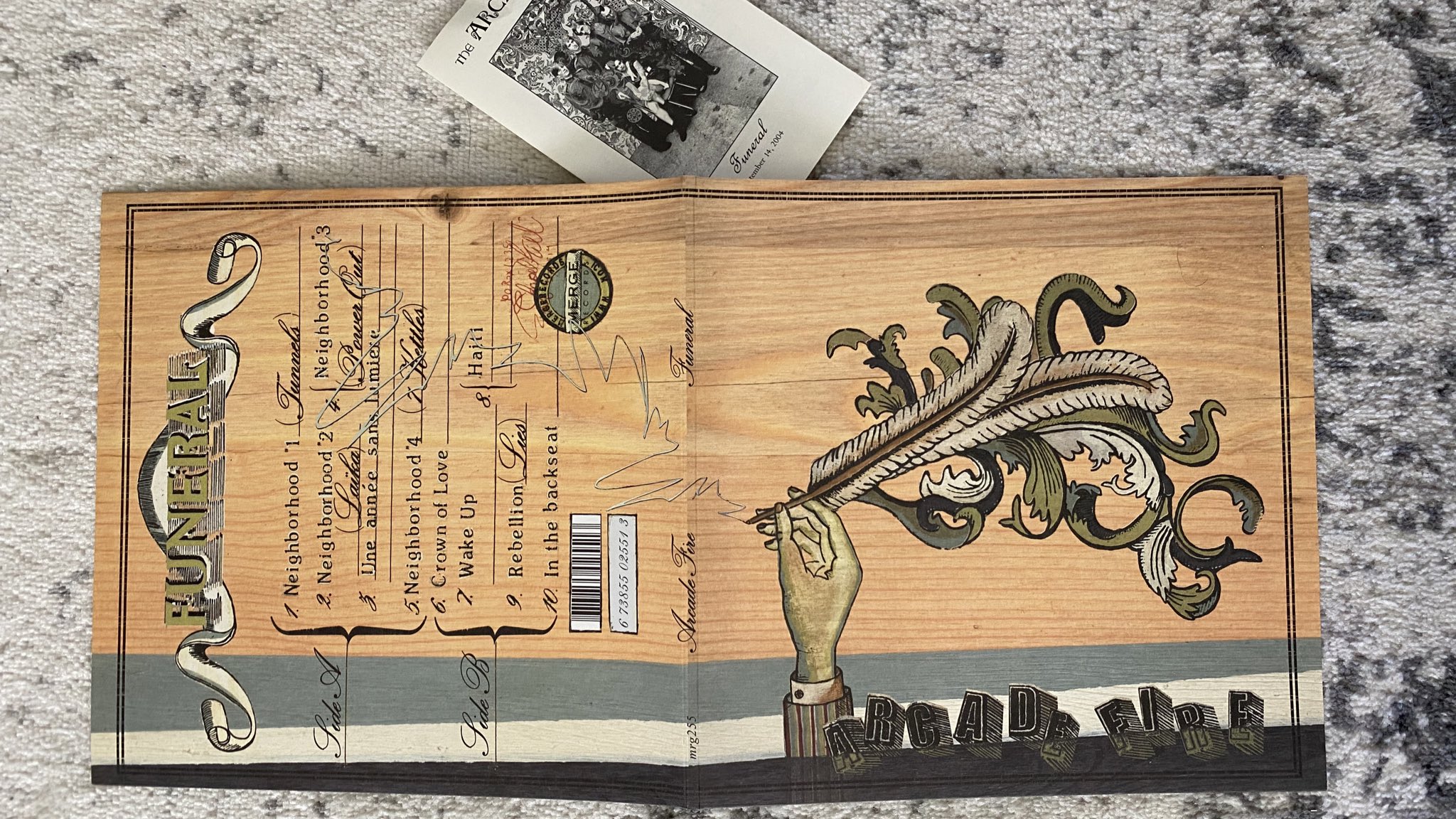Brian Wilson has died (1942 - 2025)
June 11, 2025
Brian Wilson, the singer / songwriter / bassist / pianist who made the Beach Boys what they were, has died at age 82.
I posted this tribute to him a few years ago for his 80th birthday, with videos of three great Beach Boys songs. And here’s another song, re-recorded in 2009: “God Only Knows.”
It’s hard to express how moved you can be by music you’ve listened to since the beginning of your life. In a blank book my parents kept to write about me as a baby, they said that the first two-word phrase I ever said was “Beach Boys.”
From the New York Times obituary (gift link):
Brian Wilson, who as the leader and chief songwriter of the Beach Boys became rock’s poet laureate of surf-and-sun innocence, but also an embodiment of damaged genius through his struggles with mental illness and drugs, has died. He was 82. … On mid-1960s hits like “Surfin’ U.S.A.,” “California Girls” and “Fun, Fun, Fun,” the Beach Boys created a musical counterpart to the myth of Southern California as paradise — a soundtrack of cheerful harmonies and a boogie beat to accompany a lifestyle of youthful leisure. Cars, sex and rolling waves were the only cares. That vision, manifested in Mr. Wilson’s crystalline vocal arrangements, helped make the Beach Boys the defining American band of the era. During its clean-cut heyday of 1962 to 1966, the group landed 13 singles in the Billboard Top 10. Three of them went to No. 1: “I Get Around,” “Help Me, Rhonda” and “Good Vibrations.” At the same time, the round-faced, soft-spoken Mr. Wilson — who didn’t surf — became one of pop’s most gifted and idiosyncratic studio auteurs, crafting complex and innovative productions that awed his peers. “That ear,” Bob Dylan once remarked. “I mean, Jesus, he’s got to will that to the Smithsonian.” Mr. Wilson’s masterpiece was the 1966 album “Pet Sounds,” a wistful song cycle that he directed in elaborate recording sessions, blending the sound of a rock band with classical instrumentation and oddities like the Electro-Theremin, whose otherworldly whistle Mr. Wilson would use again on “Good Vibrations.” “Pet Sounds” was a commercial disappointment upon its release, but the technical sophistication and melancholic depth of tracks like “God Only Knows” and “I Just Wasn’t Made for These Times” eventually led critics and fellow musicians to honor it as an epochal achievement. In both 2003 and 2020, Rolling Stone ranked “Pet Sounds” No. 2 on its list of the greatest albums of all time. (No. 1 was the Beatles’ “Sgt. Pepper’s Lonely Hearts Club Band” in 2003, Marvin Gaye’s “What’s Going On” in 2020.) The LP was one volley in a celebrated creative rivalry between the Beach Boys and the Beatles. The producer George Martin later attested that “Sgt. Pepper’s Lonely Hearts Club Band,” the Beatles’ landmark 1967 album, “never would have happened” if not for “Pet Sounds.” “It was ‘Pet Sounds’ that blew me out of the water,” Paul McCartney once said. “I figure no one is educated musically ’til they’ve heard that album.” … “Pet Sounds,” released in May 1966, elevated the Beach Boys’ music to a level far above anything they had created before. With the rest of the group on the road, Mr. Wilson made the album primarily with studio musicians, and he employed a broad sonic palette: French horns, strings, timpani and playful sound effects like bicycle bells, all in addition to the standard rock complement of guitar, bass and drums. Songs like “Wouldn’t It Be Nice” and “Caroline, No” explored themes of lost innocence and the transition to adulthood. Most were written with Tony Asher, a young lyricist and jingle writer whom Mr. Wilson had recently met. Mr. Wilson took painstaking care with every detail of the recording, including lushly arranged stacks of vocal harmonies, which for the other Beach Boys often meant an excruciating number of takes. Mr. Love called him “the Stalin of the studio,” only half in jest. … “Being called a musical genius was a cross to bear,” he told Rolling Stone in 1988. “Genius is a big word. But if you have to live up to something, you might as well live up to that.”
Paul McCartney said this when he inducted Brian Wilson into the Songwriters Hall of Fame in 2000:
In the ’60s particularly, he wrote some music that when I played it, it made me cry. And I don’t quite know why. It wasn’t necessarily the words or the music. There’s just something so deep in it — there’s only certain pieces of music can do this to me, just reaching right down in me. And I think it’s a sign of great genius to be able to do that with a bunch of words and a bunch of notes.
That genius was still on display in 2012, when the Beach Boys released this new song, “That’s Why God Made the Radio,” 50 years after the band’s debut. Brian Wilson went through a lot for many years, but nothing could take music away from him.
